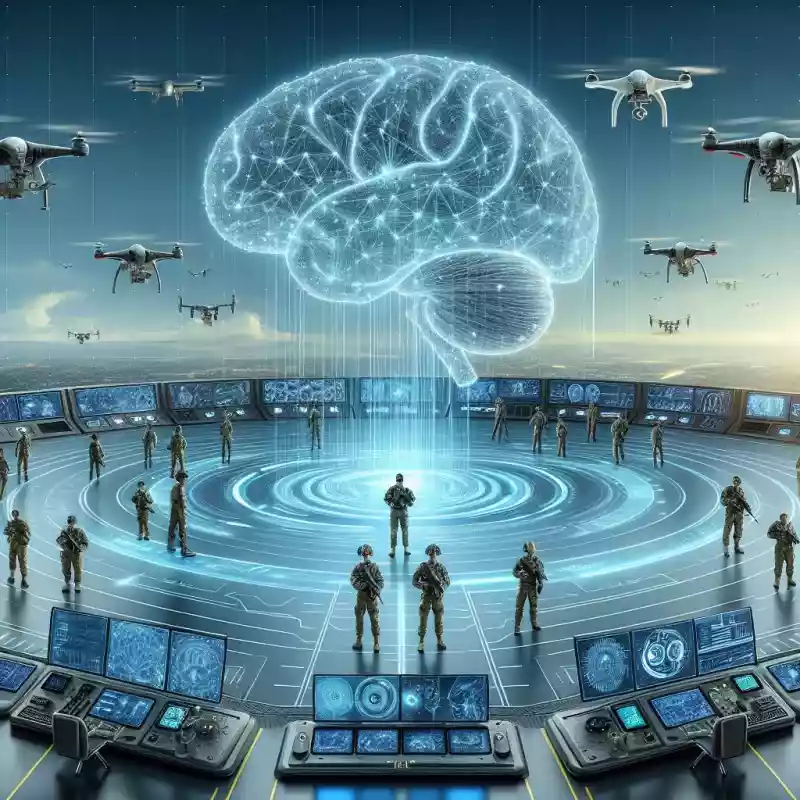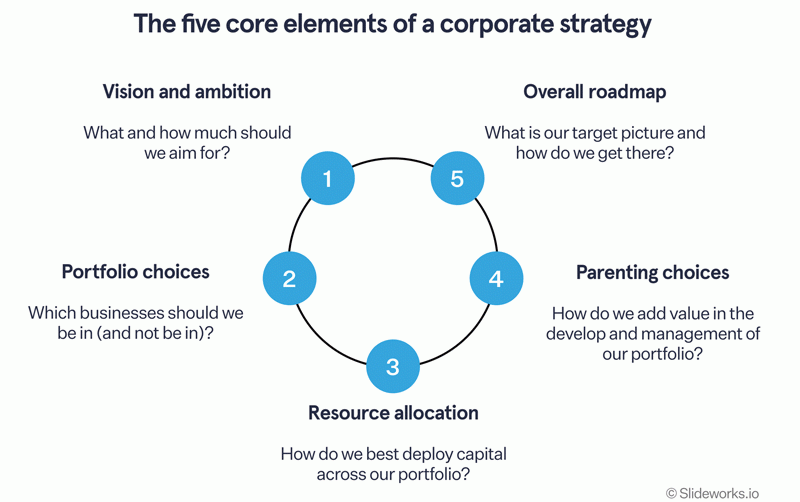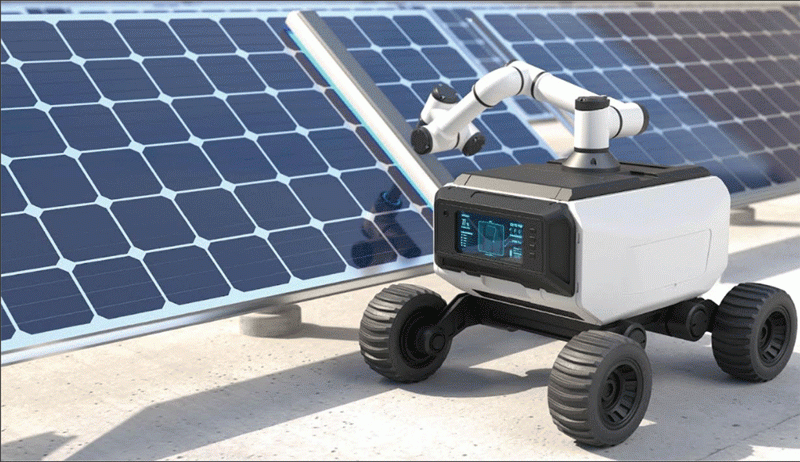
The world is witnessing a quiet revolution.While most business owners focus on daily operations, a technological shift in military affairs is creating new markets, disrupting industries, and reshaping the global economy. Artificial Intelligence (AI) in warfare is no longer science fiction; it is a multi-billion-dollar reality that forward looking businesses cannot afford to ignore.
This change is not confined to major defence powers such as the United States and China. Across Africa, including Zimbabwe, Kenya, Nigeria and South Africa, there is growing interest in AI-driven defence and security technologies. While budgets are modest, the region’s expanding technology talent pool, innovation hubs and start up ecosystems are beginning to produce specialist software solutions, cybersecurity ability and data driven logistics platforms that can plug directly into global defence supply chains.
According to market research firm MarketsandMarkets, global military AI spending reached US$11,6 billion in 2023 and is projected to rise to US$35,4 billion by 2030. This is a compound annual growth rate of 17,3%, far ahead of most traditional industries. For comparison, this growth outpaces the smartphone market during its peak expansion years.
The distribution of this spending matters. Unlike traditional weapons manufacturing, which depends on large factories and specialised materials, AI development takes place in software companies, research laboratories and agile tech startups.
This means a capable programming team in Harare or Nairobi could develop algorithms that major defence contractors would pay millions to license. African entrepreneurs are already exploring opportunities in machine learning, predictive analytics and AI-enabled decision systems that have applications in both security and civilian sectors.
Military AI development has long spurred civilian innovation. The internet itself began as a military project. Today’s research into AI warfare is generating tools and techniques that are quickly finding civilian uses.
Autonomous systems are a prime example. Military drones have helped pioneer navigation and decision-making software now being adapted for self -driving delivery trucks and automated warehouse systems. Logistics companies in southern Africa could potentially benefit from such technology, especially in countries like South Africa and Zimbabwe where supply chains span vast rural distances.
Cybersecurity is another area where military AI is setting new standards. AI systems that can defend military networks against sophisticated cyber attacks are being adapted to protect banking systems, power grids and sensitive business data.
- In Full: Nineteenth post-cabinet press briefing: July 05, 2022
- Muzarabani eager for Chevrons to qualify for Australia 2022
- R. Kelly sentenced to 30 years in sex trafficking case
- Cops Arrested For USD 10 Fraud
Keep Reading
In Africa, where mobile banking adoption is among the highest in the world, such tools have clear commercial potential.
Predictive analytics, originally developed to predict enemy troop movements, are now being adapted for supply chain optimisation, financial forecasting and customer behaviour analysis. Zimbabwean data analysts, already working here in fintech and mining analytics, could adapt similar tools for regional and international markets.
The defence sector is no longer the sole preserve of traditional contractors such as Boeing and Lockheed Martin. According to Defence News, technology giants are increasingly winning major defence contracts. Alphabet, the parent company of Google, has worked on AI projects for the US military. Microsoft secured a US$22 billion deal to provide augmented reality headsets to the US army, while Amazon supplies cloud computing services to intelligence agencies.
This shift opens doors for smaller technology companies worldwide. Militaries are looking for AI solutions for tasks ranging from logistics optimisation to threat detection. A software company in Lagos or Harare that develops an effective pattern recognition algorithm could find lucrative defence applications for its technology.
Data from PitchBook shows venture capital investment in defence technology start-ups hit record levels in 2023, funding companies developing AI-powered surveillance, autonomous defence platforms and advanced simulation systems.
Component suppliers are direct beneficiaries. The semiconductors, sensors and computing hardware demanded by military AI systems are often identical to those used in civilian devices, creating economies of scale that reduce costs for all users. South Africa’s growing semiconductor assembly sector and Nigeria’s sensor import businesses could see opportunities.
Demand for software services is also expanding. Defence AI requires vast data processing, storage and analysis capacity, creating new markets for cloud providers and analytics firms.
Zimbabwean cloud startups, already working with regional telecoms, could pivot to meet secure data needs for defence applications.
l To read full article, visit www.theindependent.co.zw
Bangure, a filmmaker with a media degree, brings extensive experience in media production and management. He was the inaugural chairperson of the National Employment Council for the Printing, Packaging, and Newspaper Industry in Independent Zimbabwe. His passion for data analytics and artificial intelligence drives him to explore cutting edge technologies, blending his creative background with technical innovation to push boundaries in digital advancement- [email protected]











